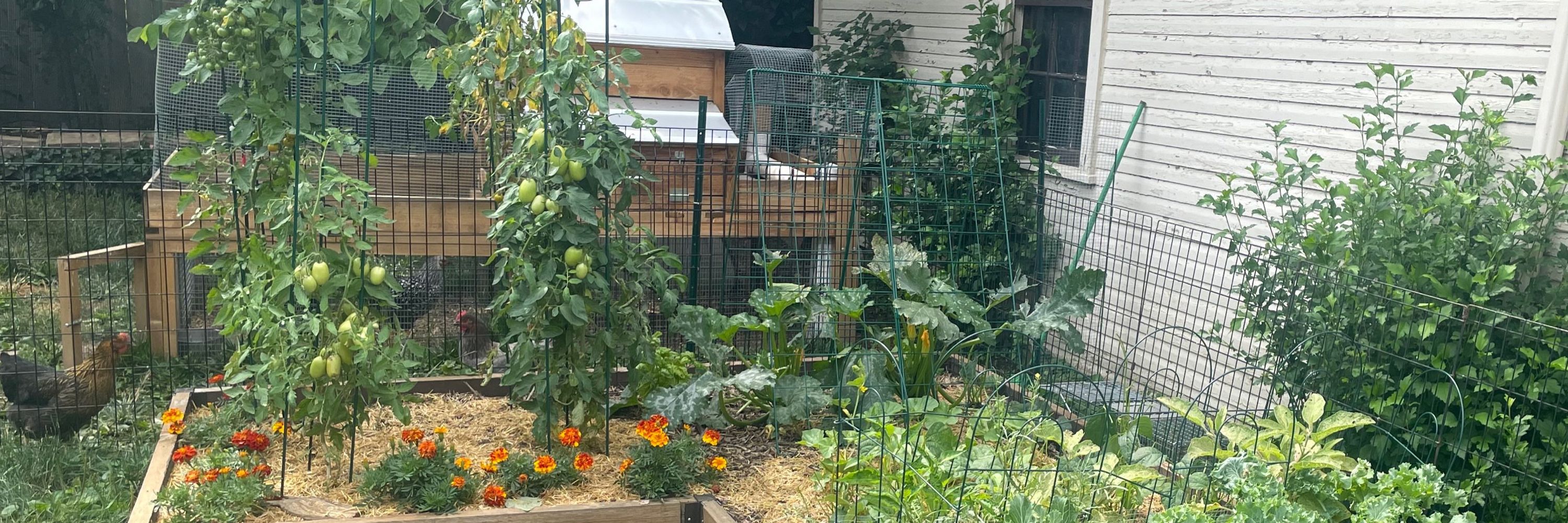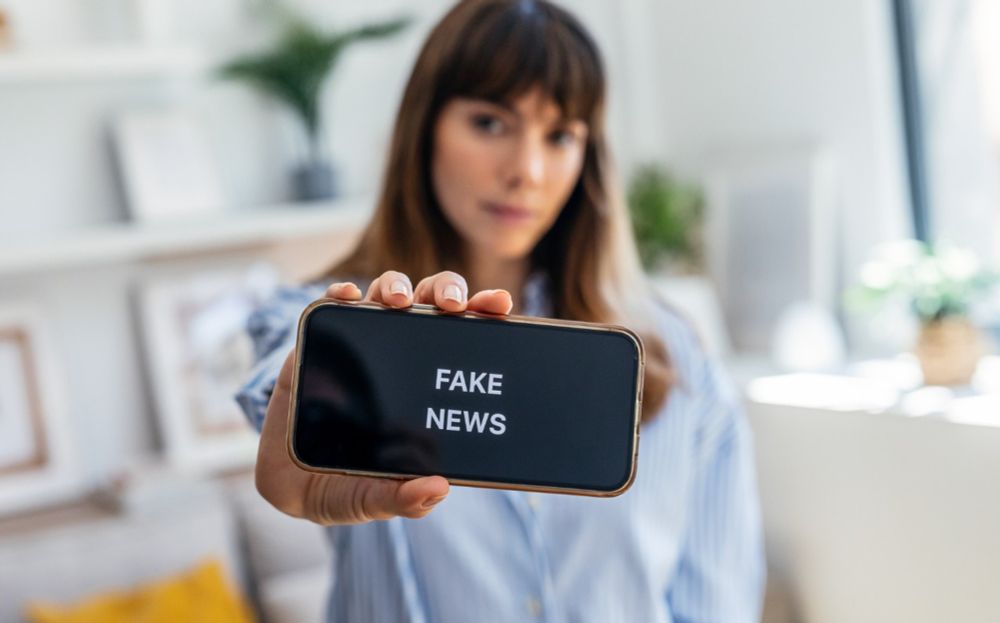
Great to hear, thanks for checking it out!
Did you know that the American Association for the Advancement of Science (AAAS) has a Section L devoted to History & Philosophy of Science? www.aaas.org/sections/his...@alisabokulich.bsky.social Follow us for more info about what we do!
Check out PEWS' recent feature in UC News to learn more about how we work to build trust, transparency, and science literacy with the public! @mjacquart.bsky.social@carlietrott.bsky.social@ucphilosophy.bsky.social@apotochnik.bsky.socialwww.uc.edu/news/article...

UC’s Center for Public Engagement with Science, known as PEWS, was created to help researchers showcase their work, build more trust and transparency in science and improve community science literacy.
I’m surprised that methods isn’t higher on your list for undergrads and grads. There seems to be shockingly little about methods in formal science curricula.
Fwiw the course and book I describe in this thread include historical and contemporary case studies and include issues like participation in science and mistrust of science.
Amazing!
That’s great to hear! Please let me know if it’s useful. As you’ll see, we also have some short videos aligned with several of the topics. We hope someday to offer teacher professional development on these themes…
The approach we take in our course is to conduct science communication with undergraduates by focusing on what methods makes science reliable and trustworthy. More or less. Which is philosophy of science.
…contemporary discussions often apply more directly both to contemporary science and contemporary questions about science. In some other contexts historical reading is very important though, of course.
Not sure if your question is directed at me or Dr. Damien Williams who commented just above. For my part, I don’t know those thinkers well. In general, I think some historical work can be useful in this context, but…
